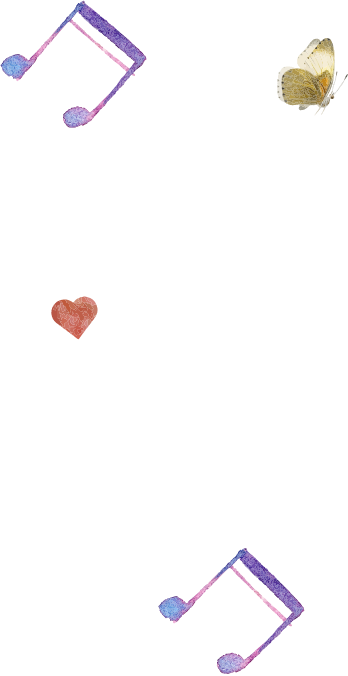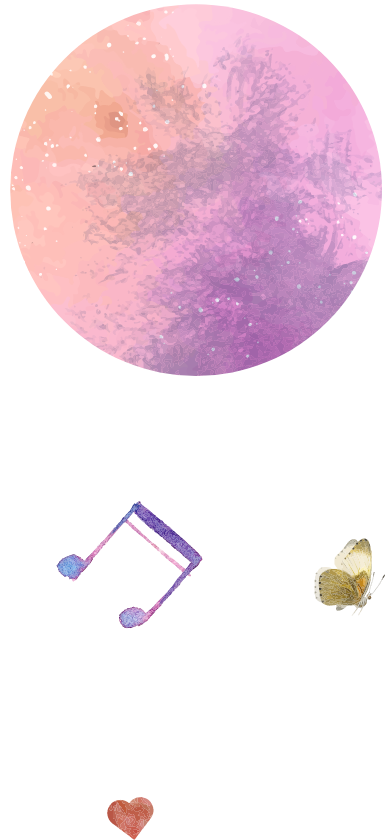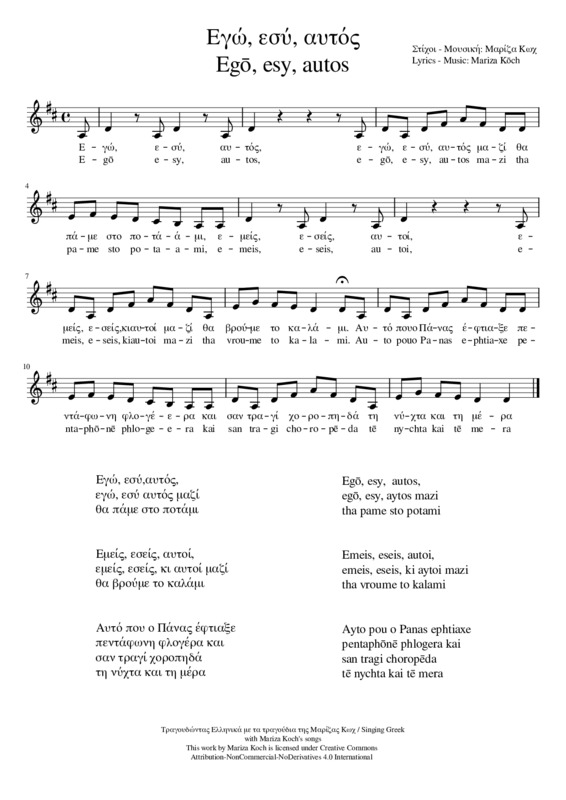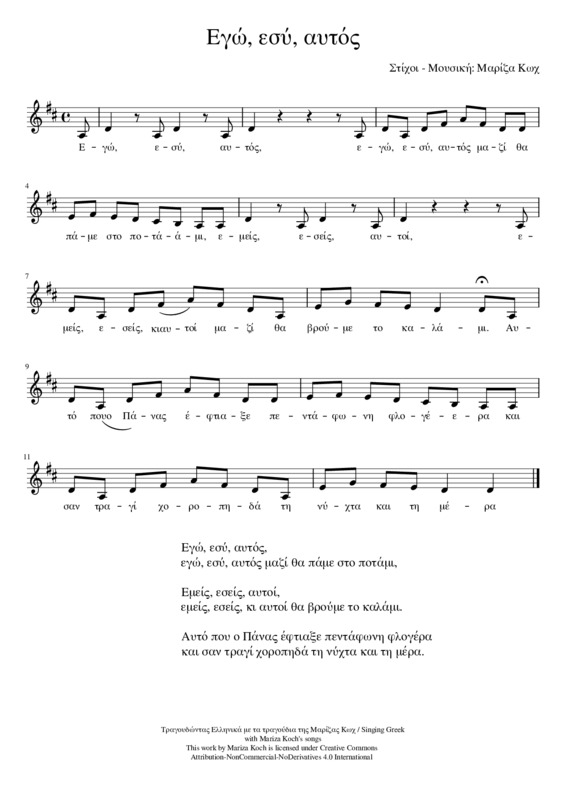
Egō, esy, autos

Egō, esy, autos
Pronunciation
Articulation of the phoneme /γ/ (/g/).
Find Greek words beginning with or containing the phoneme /g/ so that the pupils practice its use [γεμιστά (gemista), γέλιο (gelio, laughter), γάτα (gata, cat), γαργάρα (gargara, gargle) etc.].
Find Greek words beginning with or containing the phoneme /g/ so that the pupils practice its use [γεμιστά (gemista), γέλιο (gelio, laughter), γάτα (gata, cat), γαργάρα (gargara, gargle) etc.].
Speech Comprehension and Production
Declension of the personal pronoun "εγώ" (egō, me).
Practice the singular and plural form of the first person in the future perfect tense [θα πάω-θα πάμε (tha paō-tha pame, I will go-we wil go), θα βρω-θα βρούμε, (tha vrō-tha vroume, I will find, we will find) etc.].
Practice the singular and plural form of the first person in the future perfect tense [θα πάω-θα πάμε (tha paō-tha pame, I will go-we wil go), θα βρω-θα βρούμε, (tha vrō-tha vroume, I will find, we will find) etc.].
Music Activities
Practice the intervals of minor 3rd and perfect 4th using melodic instruments and vocal exercises.
Study the rests and practice various rhythmic patterns that include rests in body percussion (hands remain open at rest).
Introduce wooden wind instruments (traditional and symphonic orchestra instruments).
Melodic accompaniment of the song with ostinato.
Sing with melodic and rhythmic instruments.
Perform the song with mimic movements.
Listen to sound clips of ancient Greek music ["Όσο ζεις, φαίνου/Η στήλη του Σείκιλου" (Oso zeis, phainou/ē stēlē tou Seikilou), "Ο ύμνος του Μεσομήδη" (O ymnos tou Mesomēdē), etc.].
Study iconographic sources (from ancient Greek vases, supervisory material) related to ancient Greek instruments and music in Ancient Greece.
Study the rests and practice various rhythmic patterns that include rests in body percussion (hands remain open at rest).
Introduce wooden wind instruments (traditional and symphonic orchestra instruments).
Melodic accompaniment of the song with ostinato.
Sing with melodic and rhythmic instruments.
Perform the song with mimic movements.
Listen to sound clips of ancient Greek music ["Όσο ζεις, φαίνου/Η στήλη του Σείκιλου" (Oso zeis, phainou/ē stēlē tou Seikilou), "Ο ύμνος του Μεσομήδη" (O ymnos tou Mesomēdē), etc.].
Study iconographic sources (from ancient Greek vases, supervisory material) related to ancient Greek instruments and music in Ancient Greece.
Cross-thematic Connections - Greek Culture
Interdisciplinary concept: symbolism through mythology.
Pan's myth and the invention of the panpipe (syrinx, or Pan Flute).
Other ancient Greek myths about the creation of musical instruments (the myth of the decapitation of Medusa Gorgon by Perseus, the invention of the pipe by goddess Athena, Apollo's and Hermes' myth for the creation of the lyre, Apollo's musical battle against satyr Marsyas).
Pan's myth and the invention of the panpipe (syrinx, or Pan Flute).
Other ancient Greek myths about the creation of musical instruments (the myth of the decapitation of Medusa Gorgon by Perseus, the invention of the pipe by goddess Athena, Apollo's and Hermes' myth for the creation of the lyre, Apollo's musical battle against satyr Marsyas).
Age level
3-7 years old
7-11 years old
Language level
Beginner
Me tē Mariza tragoudō ellēnika mathainō





